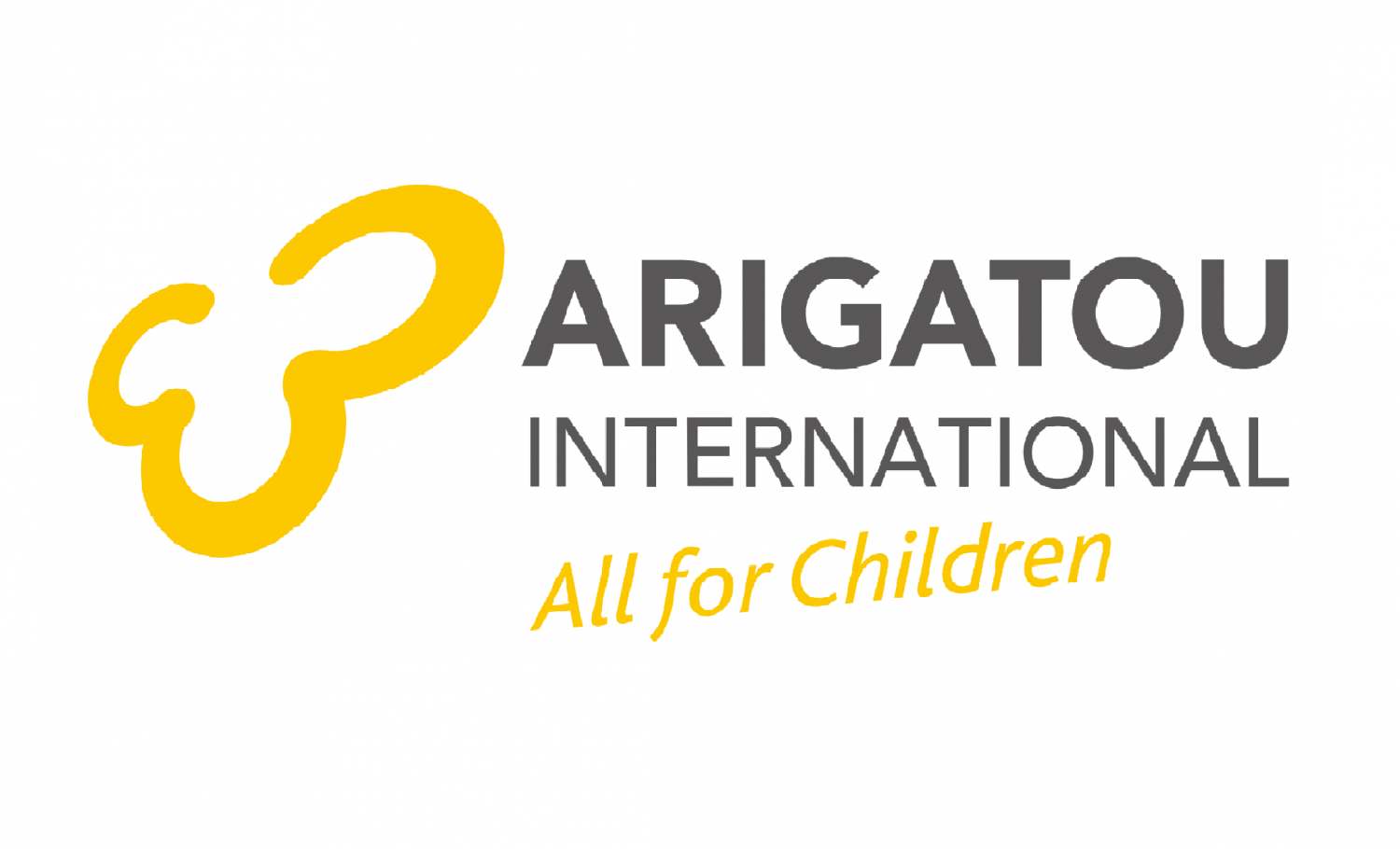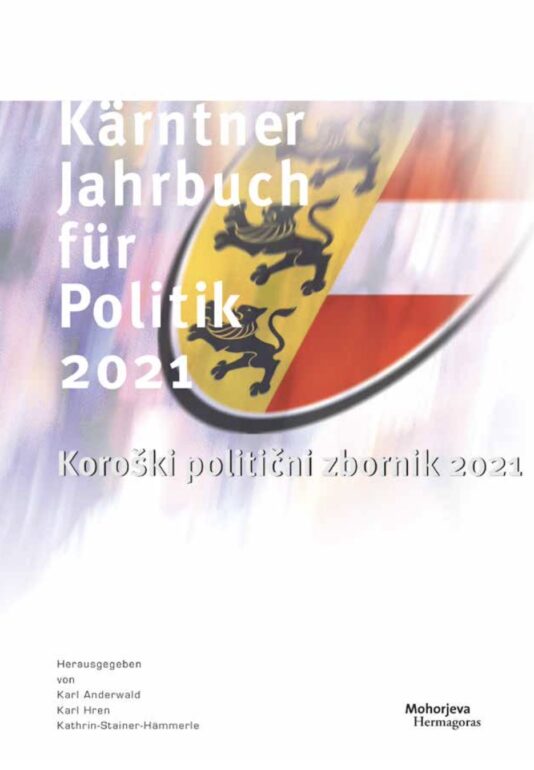Sisters Against Violent Extremism (SAVE network) is the world’s first female counter-extremism platform. Launched in 2008 by Women without Borders (WwB), the SAVE network unites a broad spectrum of women and is determined to create a united front against violent extremism by providing women with the tools for critical debate to challenge extremist thinking and to develop alternative strategies.
The second global SAVE conference gathers 15 women – civil society leaders, experts, researchers, activists and family members of victims of terroris attacs – from diverse countries to elaborate common practical strategies for combating violent extremism.
The goal of the working conference was to bring together activists who already work with SAVE and new members, who are about to establish chapters in their countries: a unique opportunity to share experiences, exchange views and visions, and cooperate on future global cooperation.
The participants addressed both the challenges and successes that everyone faces locally and internationally. They strategize on how to use new media to spread our message and they learn how storytelling can help reconcile seemingly intractable divisions between groups. Another focus lies on the discussion for ways of empowering victims and breaking taboos.
‘My vision is for SAVE to continue to be a catalyst to bring women together from all over the world—from different cultures, different beliefs, different ethnic identities—who can actually support one another, and ultimately prevent further violence’ – Robi Damelin




